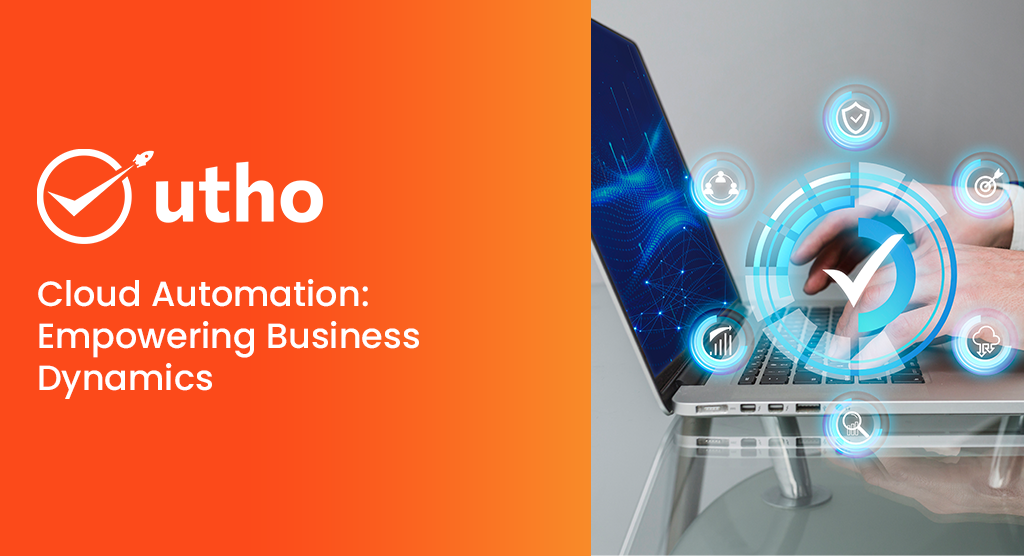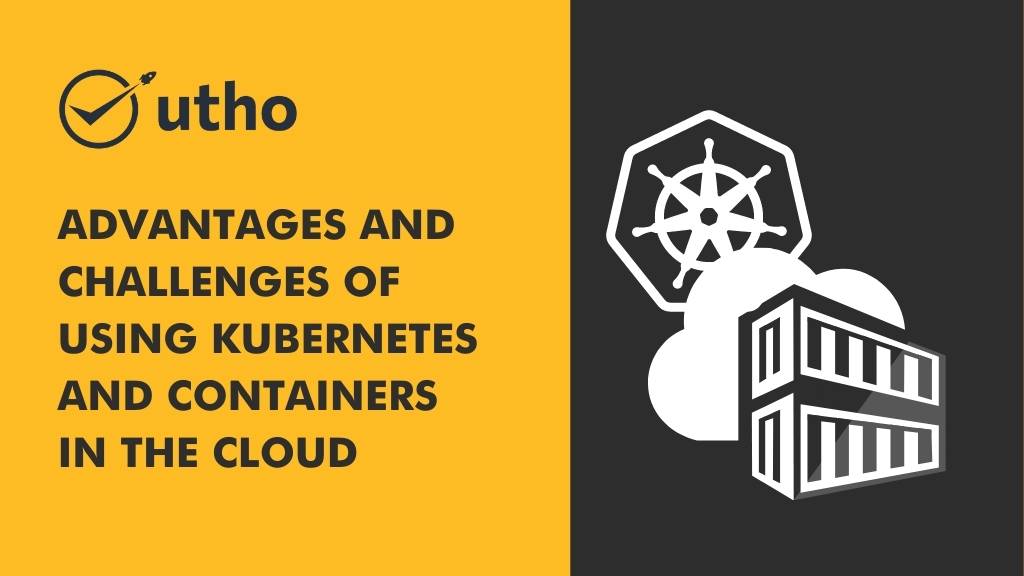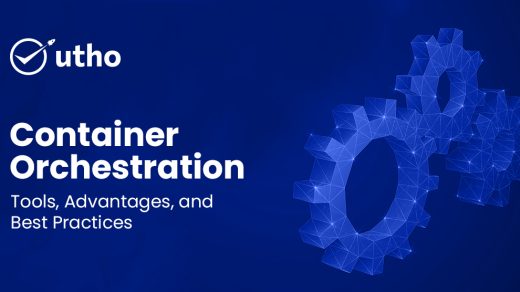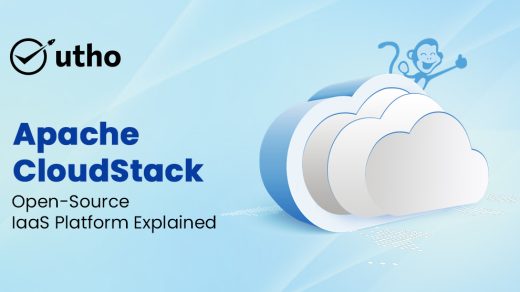In the dynamic digital landscape, businesses are actively pursuing innovative solutions to enhance efficiency, boost productivity, and expedite growth. The advent of cloud automation stands out as a revolutionary force, reshaping organizational operations and unlocking unprecedented potential. Explore the transformative impact of this technology and its pivotal role in empowering businesses to flourish in the digital era.
What is automation technology in cloud computing?
Automation in cloud computing streamlines tasks in cloud computing, leveraging technology to reduce manual operations and enhance efficiency. Using scripting, APIs, and other tools, it creates automated workflows for seamless management of cloud resources in diverse environments.
What are the advantages of implementing cloud automation in business?
Introducing cloud automation in businesses yields substantial advantages, greatly improving operational efficiency. Some of these benefits include:
Increased efficiency and productivity: Cloud automation markedly enhances both efficiency and productivity. By automating repetitive and time-consuming tasks, it liberates your team to concentrate on strategic initiatives. Additionally, it expedites the delivery of IT services, empowering your business to respond swiftly to changes in the marketplace.
Improved reliability and consistency: Guarantees consistent task execution every time. This uniformity minimizes the risk of errors and enhances the reliability of your business operations.
Enhanced security and compliance: Empowered by inherent governance and security protocols. The technology aids your business in adhering to industry standards and regulations. Automated tasks inherently pose lower security risks compared to manual execution, further fortifying your business against potential breaches.
Scalability and flexibility: Facilitates seamless scalability of operations aligned with business growth. Additionally, it provides the flexibility to adapt to evolving technologies and changing business requirements.
What are the emerging trends in cloud automation?
In the ever-evolving landscape of technology, the domain of automation in cloud computing witnesses the rise of various impactful trends that are shaping the future of cloud computing and operations. Notable trends include:
AI-enabled automation: Incorporating artificial intelligence (AI) and machine learning (ML) into cloud automation tools enhances the intelligence and adaptability of automated processes.
Serverless automation: Utilizing serverless computing platforms for executing scalable and cost-effective automation scripts, eliminating the necessity for manual infrastructure management.
Multi-cloud automation: Streamlining the management and orchestration of resources across various cloud providers to ensure seamless operations in a multi-cloud environment.
Security and compliance automation: Incorporating cloud automation with security compliance frameworks to conduct automated security checks and audits, thereby enhancing overall cloud security.
These trends open up new opportunities for organizations to optimize their cloud operations and harness the advantages of cutting-edge technologies such as AI and serverless computing.
In which domains is cloud automation used?
Several critical domains consistently feature automation for efficient cloud environment management. Examples of these use cases include:
Provisioning Resources: Global cloud applications often spread across multiple cloud platforms to address geographic and jurisdictional considerations. SaaS providers hosting worldwide leverage automation to ensure performance, compliance with local regulations, and seamless updates through streamlined code and data backups.
Orchestrating Workloads: Automation and orchestration differ; automation strings tasks into workflows for controlling repetitive tasks, while orchestration directs the automation flow to manage broader strategies. For instance, automate local cloud resource provisioning while orchestrating data flows between that instance and a public cloud storage service provider in a multi-cloud setup.
Ongoing Monitoring: Monitoring plays a pivotal role in both security and optimization. Hence, automation is integral to conducting monitoring operations, collecting and analyzing real-time data, and delivering insights to administrators.
How can Utho assist in expanding your cloud automation strategy?
Unlock business potential with Utho's cloud automation services aim to streamline the intricacies of cloud management. With features such as automated backups, scaling, floating IPs, and team accounts, Utho automates diverse tasks, enhancing the efficiency and simplicity of cloud operations. Offering a range of tools and services, Utho provides solutions for automating various aspects of cloud operations.
Opting for automation in cloud computing with Utho can yield time and cost savings, enhance efficiency, and mitigate the risk of human errors for your business. If you're contemplating the integration of cloud automation into your business, explore the array of automation possibilities in cloud computing with Utho.




